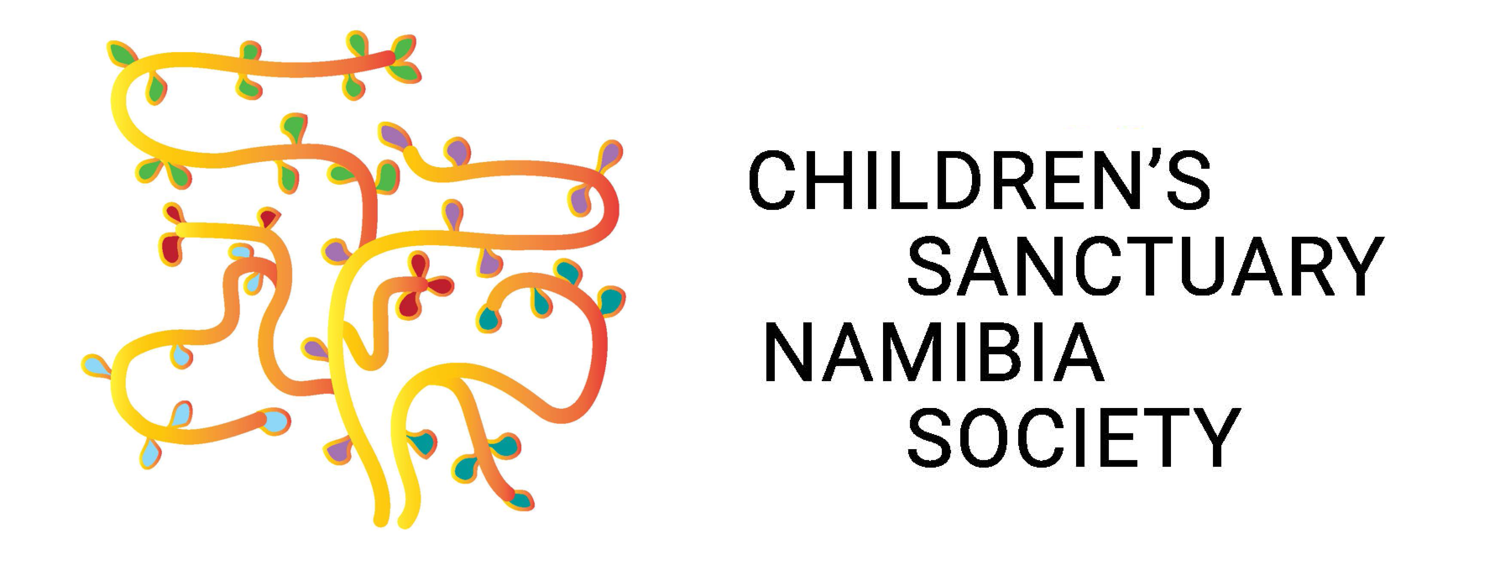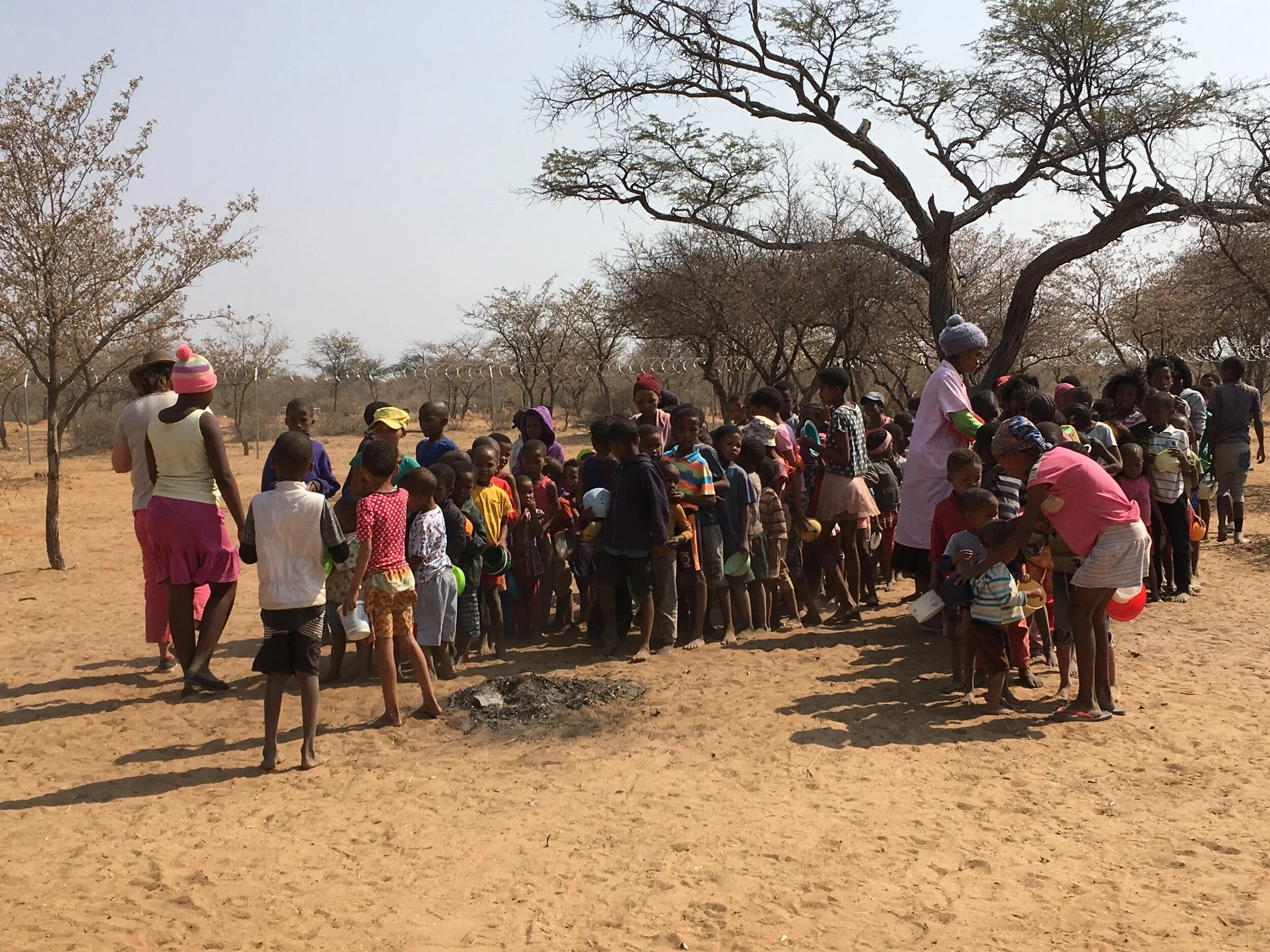Thank you for your generous donations, which make our work possible! Our ongoing projects are:
Mother House
The “Mother House,” as it is affectionately known, is CSN’s registered residential childcare facility and is home to 20 of the most vulnerable children in Drimiopsis, along with their caregivers. CSNS is committed to raising funds to cover the orphanage’s ongoing operational costs, including meals, wages for a manager and 2.5 house mothers, wages for two groundskeepers, medical and school expenses, staff development, and other necessary resources. Your support is crucial to our success.
CSNS fundraising contributed significantly to the construction of the building, which includes two dormitories (one for boys and the other for girls), a kitchen, dining room, meeting room, laundry facilities, showers, toilets, storage space, and office space. To learn more about the history and building of the Mother House, please visit the “News” section of the website.
Garden Project
We see this project as twofold: enriching the children’s diet, which is deficient in most nutrients, and providing income to fund the gardens by selling excess produce to community members.
CSNS provided funding to drill a borehole (well), purchase water tanks and stands, and install solar panels for a water pumping system. This essential water resource and the hiring of two groundsmen (a gardener/handyman and gardening assistant) made establishing Indigenous and vegetable gardens possible. The latest garden addition is a greenhouse or shade net 2.5 m x 30 m x 15 m in size. We are also excited to share that the development of an orchard is well underway.
Soup Kitchen
The Omaheke region, where CSN is located, currently has the highest rate of child malnutrition in the country. Through its soup kitchen, CSN is making a significant difference in the lives of the children in Drimiopsis and the region. Over the past decade, with the help of a group of dedicated women volunteers, CSN has provided nutritious meals to 150-250 orphaned and vulnerable children (OVC) two to three times a week. The volunteers prepare a meal of lentil soup, mealie meal, or rice in an outdoor kitchen on the Sanctuary Land.
Recently, CSNS provided the funds needed to build a new structure for the soup kitchen. The new structure includes sinks, a toilet, and a shaded area where the village children can come for soup and kitchen meals. CSNS provides funding to buy food for the soup kitchen and to pay honoraria to its volunteers.
Kindergarten Food Program
CSNS provides the Sanveld Kindergarten with funds to buy and prepare two meals, five days per week, for up to 65 OVC who attend kindergarten classes. The successful Sanveld Kindergarten operates from 8 am to 1 pm weekdays. This project funds food supplies such as oatmeal, mealie pap, lentils, bread, peanut butter, wood for a cooking fire, water storage containers, and transportation costs for purchasing and delivering the food.
Sanctuary Staff
CSNS is proud to pay the wages for CSN’s fantastic staff. From left to right: Zuma (gardener/handyman), Katrina (housemother for the girls), Viktoria (housemother for the boys), Wilhelmina and Lydia (soup kitchen volunteers), and Johannes (gardener’s assistant). In the middle is Belinda Tsuses (manager), and in front is Chief Ita (board member and grandmother to all the children). Thank you for your incredible work!
Tutoring Program
Florinda Goagoses, an experienced homework class teacher and literacy promoter, has been hired to provide a crucial after-school tutoring program for children who need extra help. This program is a lifeline for these children, providing them with the support they need to succeed. Florinda lives in Gobabis and travels to Drimiopsis four times a week to tutor our children at the Mother House. CSNS welcomes your donations to support this essential program, which helps cover Florinda’s modest monthly salary and transportation costs.
Dedicated volunteers help the orphaned and vulnerable children line up for a meal at the soup kitchen.
Founding members of CSN: Theresa Matengu & Chief Ita Kambases.
other Initiatives
NEW FAMILY UNIT - With the generous financial assistance from an athletic club, CSN has initiated the construction of a new family unit adjacent to the Mother House. The walls of this unit have risen above the windows, but construction has been temporarily halted due to a lack of funding. As funds permit, CSNS will continue to support the completion of this new home for the eight children currently waiting.
BACKGROUND INFORMATION
The Namibian government’s donation of land in 2016 was in response to CSN’s demonstration to the government that orphaned and vulnerable children in Drimiopsis are vulnerable to many forms of abuse and exploitation. When they reach school age, they do not stay in school because of hunger, lack of supervision, and absence of support and shelter. With safe housing, a nurturing environment, and educational support, they can grow to become change agents for their community rather than victims who repeat the cycle of desperation and hopelessness.









